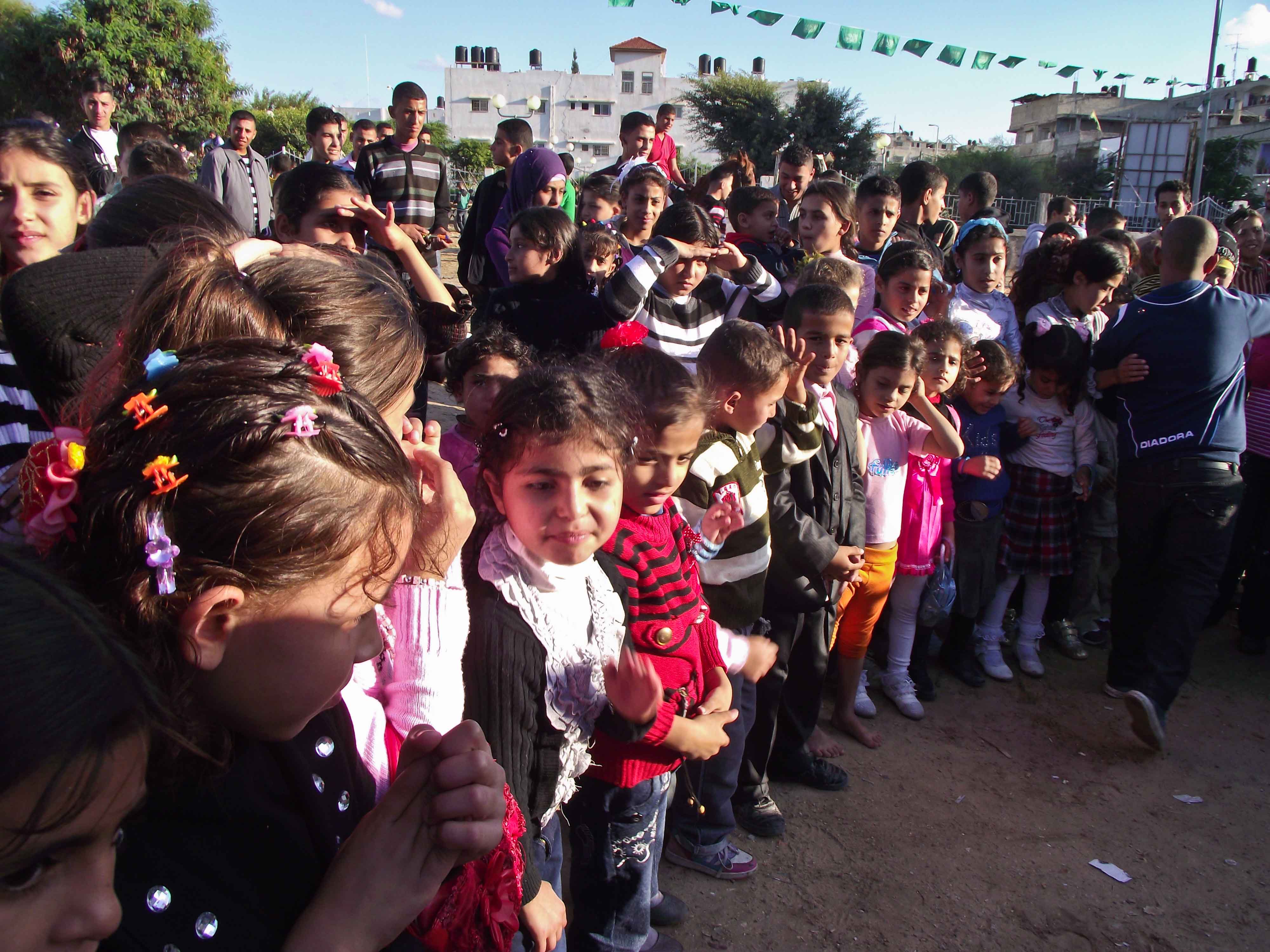Tag: Gaza
-
Eid children’s fair in Beit Hanoun
by Radhika S. 6 November 2011 | International Solidarity Movement, Gaza In the afternoon, we went to a special Eid children’s fair at a park in Beit Hanoun, in the north of the Gaza Strip. Fifty percent of the population in Gaza is under the age of 18, and as we arrived, that statistic became…
-
“I wish Dad was here celebrating Eid with me”
by Shahd Abusalama 6 November 2011 | Palestine from My Eyes The day before the start of Al-Adha Eid is the day of Arafa. It is said that a believer who fasts on this day expiates the past year’s sins and the sins of the coming year. As it is considered to be a day…
-
Loay Auda: From a closed cell to the jail of exile
by Silvia Todeschini 26 November 2011 | International Solidarity Movement, Gaza Loay Auda, in Israeli prisons since 2002, was released in the last prisoner swap exchange. Native of Jerusalem, he was of the many deported to Gaza. In an interview with International Solidarity Movement, Loay and his mother describe the night of his arrest, the…



